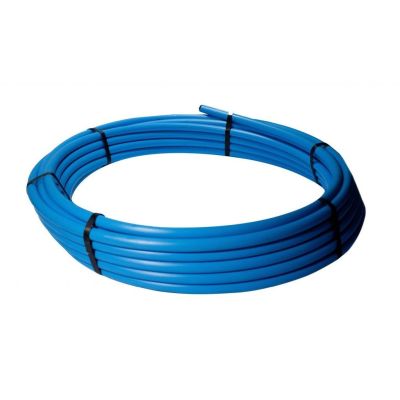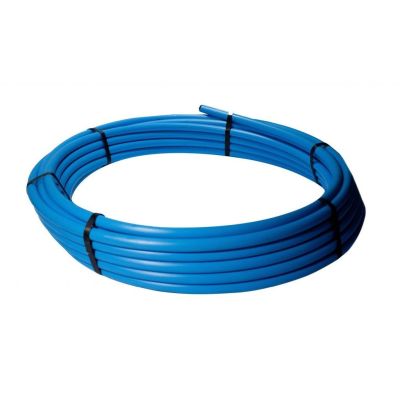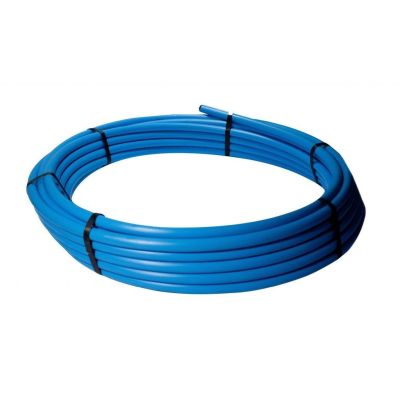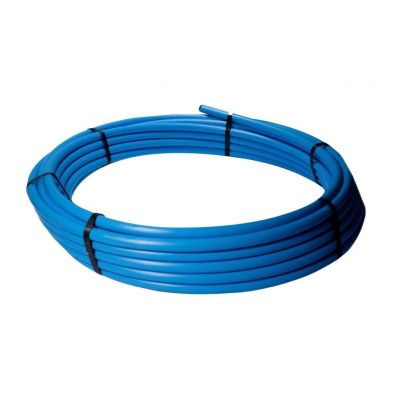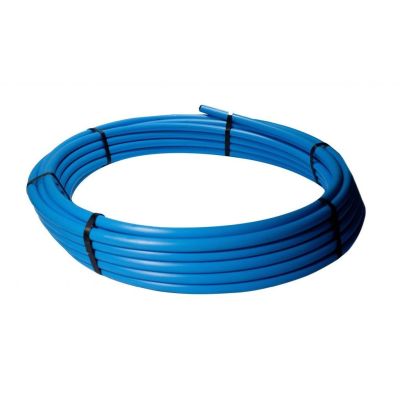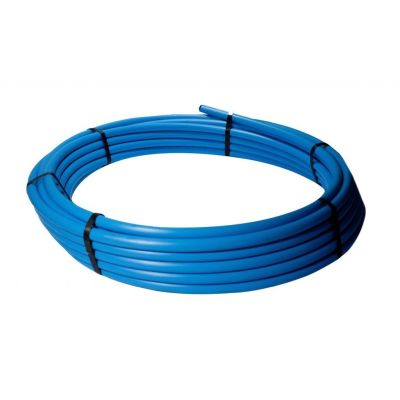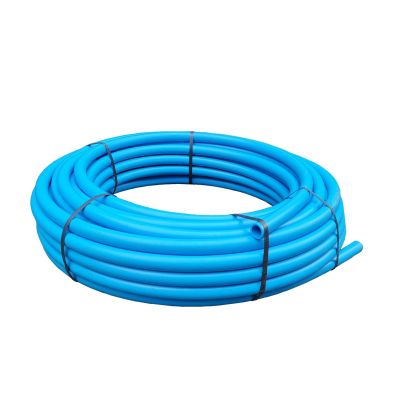Pipes
- Animal Husbandry 881
- Leisure 1846
- OX Wheelbarrows 40
- Workshop 1750
- Fasteners 6754
- Fencing 604
- Agricultural Machinery 6112
- Hoses. Pipes. Pumps & Fittings 79
- Tractors 25
- Brands 0
- Whats HOT 62
Polyethylene (PE) pipes are a type of thermoplastic pipe that is commonly used in a variety of applications, including water distribution, sewerage, irrigation, and drainage. PE pipes are known for their durability, corrosion resistance, and flexibility, making them a popular choice for both above-ground and underground installations.
MDPE Pipe:
MDPE pipe, short for medium-density polyethylene pipe, is a type of plastic pipe commonly used in the water industry for both above- and below-ground applications. It is a versatile and durable material with a wide range of benefits, making it a popular choice for a variety of projects.
PE 80: This is the most common type of PE pipe and is used for a wide range of applications, including water distribution, sewerage, and irrigation. PE 80 pipes have a nominal wall thickness of 0.25 inches and can withstand a maximum working pressure of 100 psi.
PE 100: This type of PE pipe is stronger and more rigid than PE 80 and is typically used for applications where higher pressure ratings are required, such as high-rise buildings and industrial settings. PE 100 pipes have a nominal wall thickness of 0.3125 inches and can withstand a maximum working pressure of 160 psi.
PE-RT: This type of PE pipe is specifically designed for hot water applications and is able to withstand higher operating temperatures than standard PE pipes. PE-RT pipes are typically used for domestic hot water distribution and underfloor heating systems.
PE-HD: This type of PE pipe is the strongest and most rigid type of PE pipe and is used for applications where very high pressure ratings are required, such as offshore oil and gas pipelines. PE-HD pipes are typically used for industrial and commercial applications.
Advantages of PE Pipes
There are several advantages to using PE pipes over other types of pipes, including:
-
Durability: PE pipes are incredibly durable and resistant to corrosion, chemicals, and weather. They can withstand a wide range of temperatures and pressures, making them a good choice for both above-ground and underground installations.
-
Lightweight: PE pipes are lightweight, making them easy to transport and install. This also reduces the amount of weight that needs to be supported by foundations and structures.
-
Flexibility: PE pipes are very flexible, which makes them easy to bend and conform to different shapes. This makes them a good choice for installations in tight spaces or where there are obstacles in the way.
-
Chemical Resistance: PE pipes are resistant to a wide range of chemicals, including acids, alkalis, and salts. This makes them a good choice for applications where corrosive fluids are present.
-
Smooth Interior Surface: PE pipes have a smooth interior surface, which helps to reduce friction and improve flow rates. This can save energy and reduce wear and tear on pumps and other equipment.
Applications of PE Pipes
PE pipes are used in a wide variety of applications, including:
-
Water Distribution: PE pipes are the most common type of pipe used for water distribution networks. They are used to transport potable water from treatment plants to homes and businesses.
-
Sewage: PE pipes are also commonly used for sewerage systems. They are used to transport wastewater from homes and businesses to treatment plants.
-
Irrigation: PE pipes are used for irrigation systems in agriculture and landscaping. They are used to transport water from reservoirs or wells to crops and gardens.
-
Drainage: PE pipes are used for drainage systems in both residential and commercial applications. They are used to collect and dispose of rainwater and wastewater.


